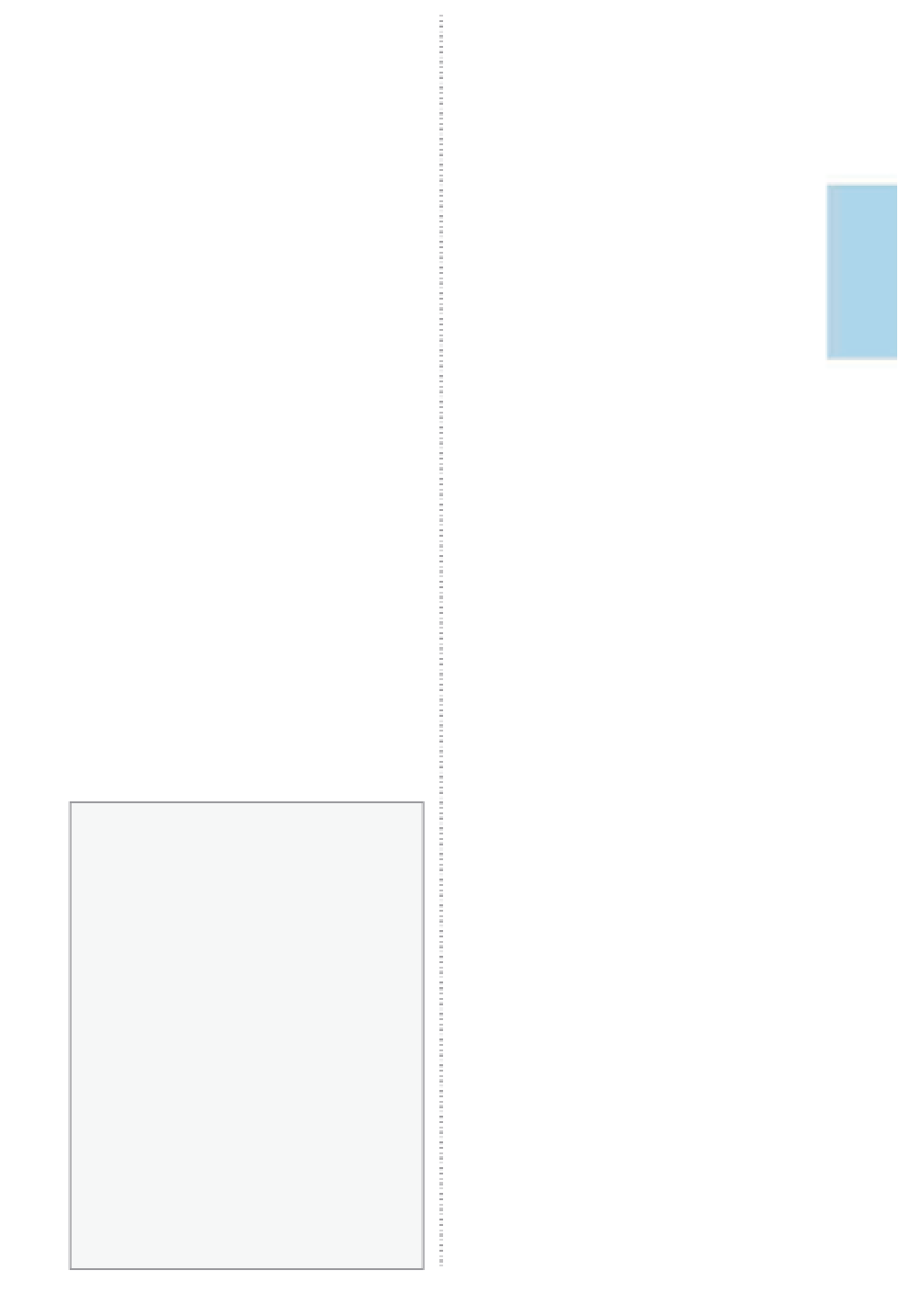Travel Reference
In-Depth Information
a Brazilian motoring organization, which also has
maps to Rio, São Paulo and other cities, states and
regions. These are easy to find in bookshops,
newsagents and magazine stalls. Very clear
1:960,000 maps of individual states are published
by On Line Editora, and are usually available in
Brazilian bookshops and newspaper kiosks.
Topographical and hiking maps are di
cult to
come by, though very occasionally they are
available from municipal tourist o
ces or national
parks in Brazil, or from local trekking equipment
shops or tour operators.
cafés. For local calls, a 5-
real
card will last for several
conversations; for long-distance or international
calls, higher-value phonecards come in 10, 20, 50 or
100
real
denominations. Calls to the US or Europe
cost about R$3.50-4.50 per minute. Before dialling
direct, lift the phone from the hook, insert the
phonecard and listen for a dialling tone. Note that
long-distance calls are cheaper after 8pm.
The
dialling tone
is a single continuous note,
engaged
is rapid pips, and the
ringing tone
is
regular peals, as in the US. The landline system in
Brazil is continually overloaded. If you get an
engaged tone, keep trying - nine times out of ten,
the phone is not actually engaged and you get
through after seven or eight attempts. The smaller
the place you are calling from, the more often you
need to try.
Opening hours
and public holidays
Basic hours for most stores and businesses are from
Monday to Friday 9am to 6pm and Saturday 9am to
noon, with an extended lunch hour from around
noon to 2pm. Shops in malls stay open until late
Saturday night. Banks open at 10am, and stay open
all day, but usually stop changing money at either
2pm or 3pm; except for those at major airports,
they're closed at weekends and on public holidays.
Museums and monuments more or less follow
o
ce hours but most are closed all day on Monday
and Sunday afternoons.
Mobile phones
International visitors who want to use their mobile
phones in Brazil will need to check with their phone
provider to make sure it will work and what the call
charges will be. Assuming your phone does work,
you'll need to be extra careful about
roaming
charges
, especially for data, which can be extor-
tionate; even checking voicemail can result in hefty
charges. Many travellers turn off their voicemail and
data roaming before they travel.
If you have a compatible (and unlocked) GSM
phone and intend to use it a lot, it can be much
cheaper to buy a
Brazilian SIM card
(R$10 or less)
to use during your stay. Vivo (
W
vivo.com.br) has the
best coverage, but its shops generally refuse to sell
SIMs (“chips”) or phones to foreigners without a
Brazilian CPF number (which you won't have).
Currently, TIM Brasil (
W
tim.com.br) is your best bet
for a SIM card (look for TIM outlets or visit a branch
of the Lojas Americanas chain store). Once the SIM
is installed, you should opt for a pre-pay plan
(
pré-pago
); to add credit to your phone, just go to
TIM shops, newspaper stalls or pharmacies and ask
for TIM “cargas”.
Phones
Public phones are operated by
phonecards
(
cart
ã
o
telefônico
), which are on sale everywhere - from
newspaper stands to street sellers' trays and most
BRAZILIAN PUBLIC HOLIDAYS
There are plenty of religious, local and state
holiday
s
, but on the following
national
holidays
you'll find that just about
everything in the country will be closed:
January 1
New Year's Day (Ano Novo)
April 21
Tiradentes Day (Dia de
Tiradentes; a martyr of the struggle for
independence)
May 1
Labour Day (Dia do Trabalhador)
September 7
Independence Day (Dia da
Independência)
October 12
Feast Day of Our Lady of
Aparecida (Nossa Senhora Aparecida,
patron saint of Brazil)
November 2
All Souls' Day, or “Day of the
Dead” (Dia dos Finados)
November 15
Republic Day
(Proclamação da República)
December 25
Christmas Day (Natal)
Carrier selection codes
The privatization of Brazil's telephone system has
led to a proliferation of new telephone companies
and increased competition. Before making a
national or international call you must now select
the telephone company you wish to use by
inserting a
two-digit carrier selection code
between the zero and the area code or country
code of the number you are calling. To call Rio, for
example, from anywhere else in the country, you
would dial zero + phone company code + city code


































